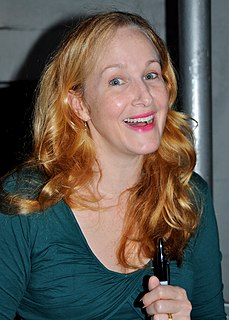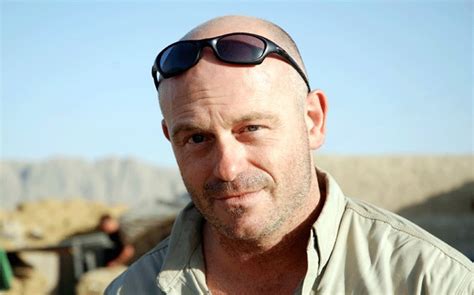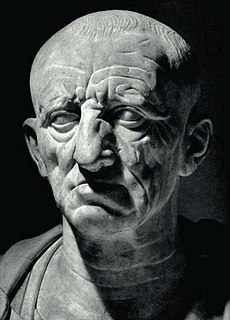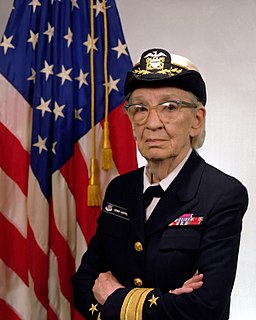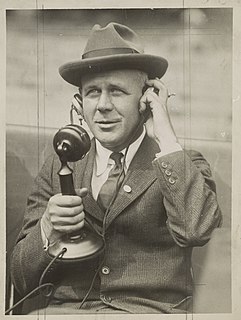A Quote by Bruce Schneier
Hardware is easy to protect: lock it in a room, chain it to a desk, or buy a spare. Information poses more of a problem. It can exist in more than one place; be transported halfway across the planet in seconds; and be stolen without your knowledge.
Related Quotes
When you have decided to purchase a farm, be careful not to buy rashly; do not spare your visits and be not content with a single tour of inspection. The more you go, the more will the place please you, if it be worth your attention. Give heed to the appearance of the neighbourhood, - a flourishing country should show its prosperity. "When you go in, look about, so that, when needs be, you can find your way out.
The difference between you, if you consider yourself not enlightened, and an enlightened master is not that the enlightened master has more knowledge. University professors have knowledge, and many enlightened masters have very little knowledge. Jesus probably had less knowledge than any university professor alive today in terms of raw information. Even a relatively uneducated person has more information than Jesus or Buddha ever had about things, such as political things and so on.
Although humans have existed on this planet for perhaps 2 million years, the rapid climb to modern civilization within the last 200 years was possible due to the fact that the growth of scientific knowledge is exponential; that is, its rate of expansion is proportional to how much is already known. The more we know, the faster we can know more. For example, we have amassed more knowledge since World War II than all the knowledge amassed in our 2-million-year evolution on this planet. In fact, the amount of knowledge that our scientists gain doubles approximately every 10 to 20 years.
Ideas, as the raw material from which knowledge is produced, exist in superabundance, but that makes the production of knowledge more difficult rather than easier. Many ideas- probably most- will have to be discarded somewhere in the process of producing authenticated knowledge. Authentication is as important as the raw information itself, and the manner and speed of the authentication process can be crucial.
We don't believe it's possible to protect digital content. What's new is this amazingly efficient distribution system for stolen property called the Internet-- and no one's gonna shut down the Internet. And it only takes one stolen copy to be on the Internet. And the way we expressed it to them is: Pick one lock--open every door. It only takes one person to pick a lock. Worst case: Somebody just takes the analog outputs of their CD player and rerecords it-- puts it on the Internet. You'll never stop that. So what you have to do is compete with it.

